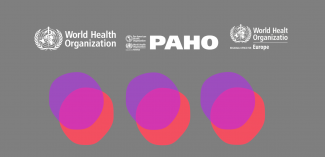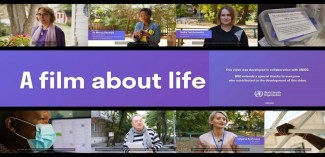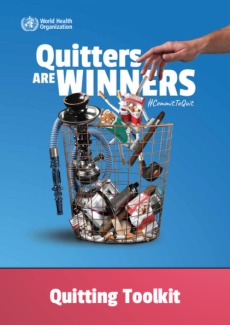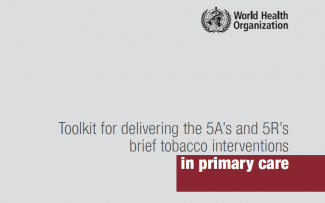د ارزانه الکولو لپاره هیڅ ځای نشته: د ژوند د خوندی کولو لپاره د ټیټقیمت ارزښت
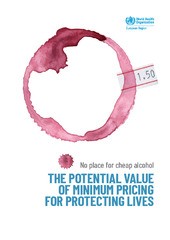
WHO began when its Constitution came into force on 7 April 1948 – a date celebrated every year as World Health Day. It has more than 7000 people working in 150 country offices, in 6 regional offices and at its headquarters in Geneva.
WHO’s primary role is to direct and coordinate international health within the United Nations’ system.
Main areas of work:
WHO support countries as it coordinates the efforts of multiple sectors of the government and partners – including bi- and multilaterals, funds and foundations, civil society organizations and private sector – to attain its health objectives and support national health policies and strategies.

د WHO / اروپا نوی راپور: "د ارزانه #alcohol لپاره هیڅ ځای نشته: د ژوند ساتنې لپاره د لږترلږه نرخ احتمالی ارزښت" د جون په 21 په 14:00 CEST کې پیل کیږی.
کوم هیوادونه د الکول قیمتونه لری او د دوی اغیزې څه دی؟
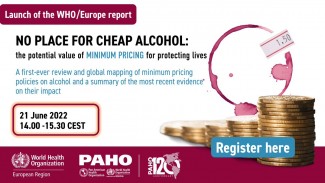

د دې پیښې هدف د سر سر الکول مصرف اعتبار او اعتبار په اړه بحث کول دی ، د الکول کنټرول پالیسیو کې بدلونونو تشریح کولو لپاره حساسیت او تر 2030 پورې د الکول مصرف اټکل شوی رجحاناتو کې د COVID-19 وبا اغیزې منعکس کول.
په نښه شوی لیدونکو کې پالیسی جوړونکی ، دولتی چارواکی او ملکی کارمندان ، د مدنی ټولنې ډلې ، رسنۍ او څیړونکی شامل دی چې پدې موضوع کې علاقه لری.
